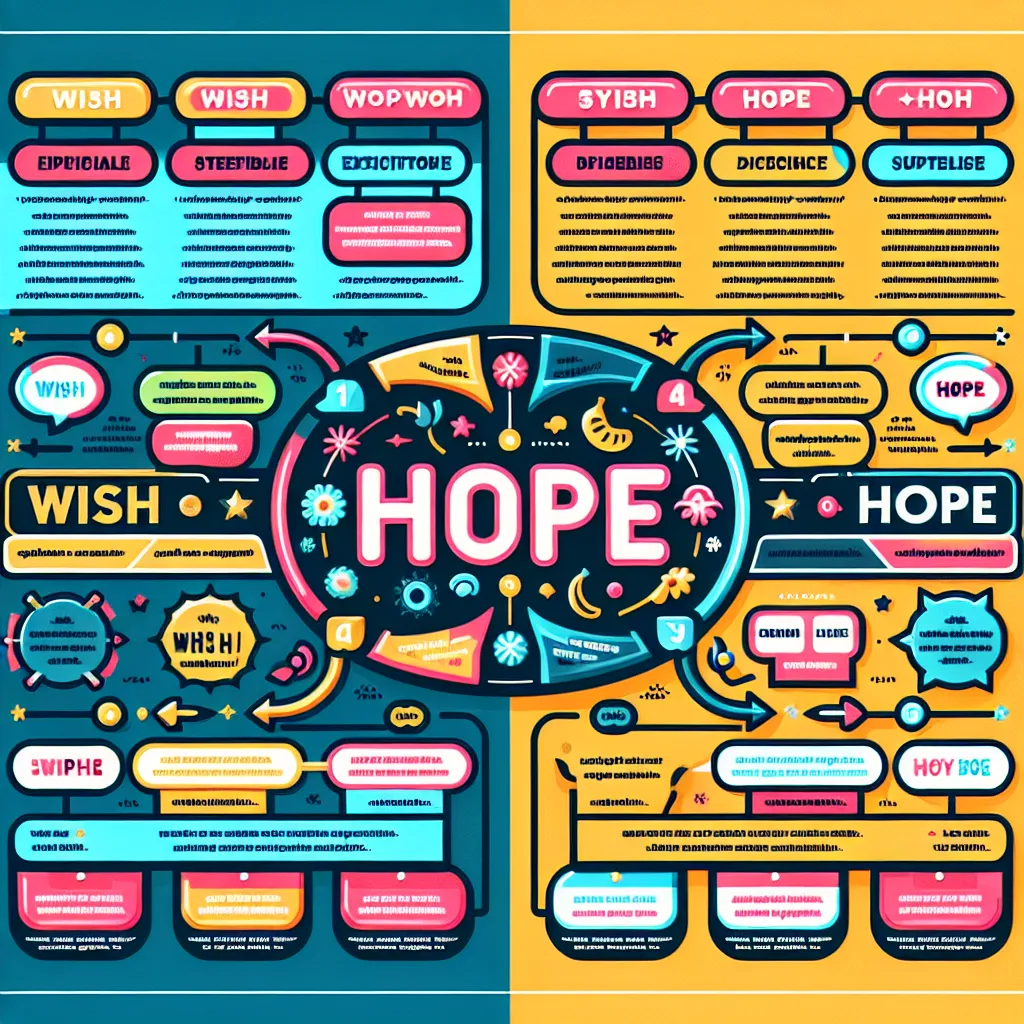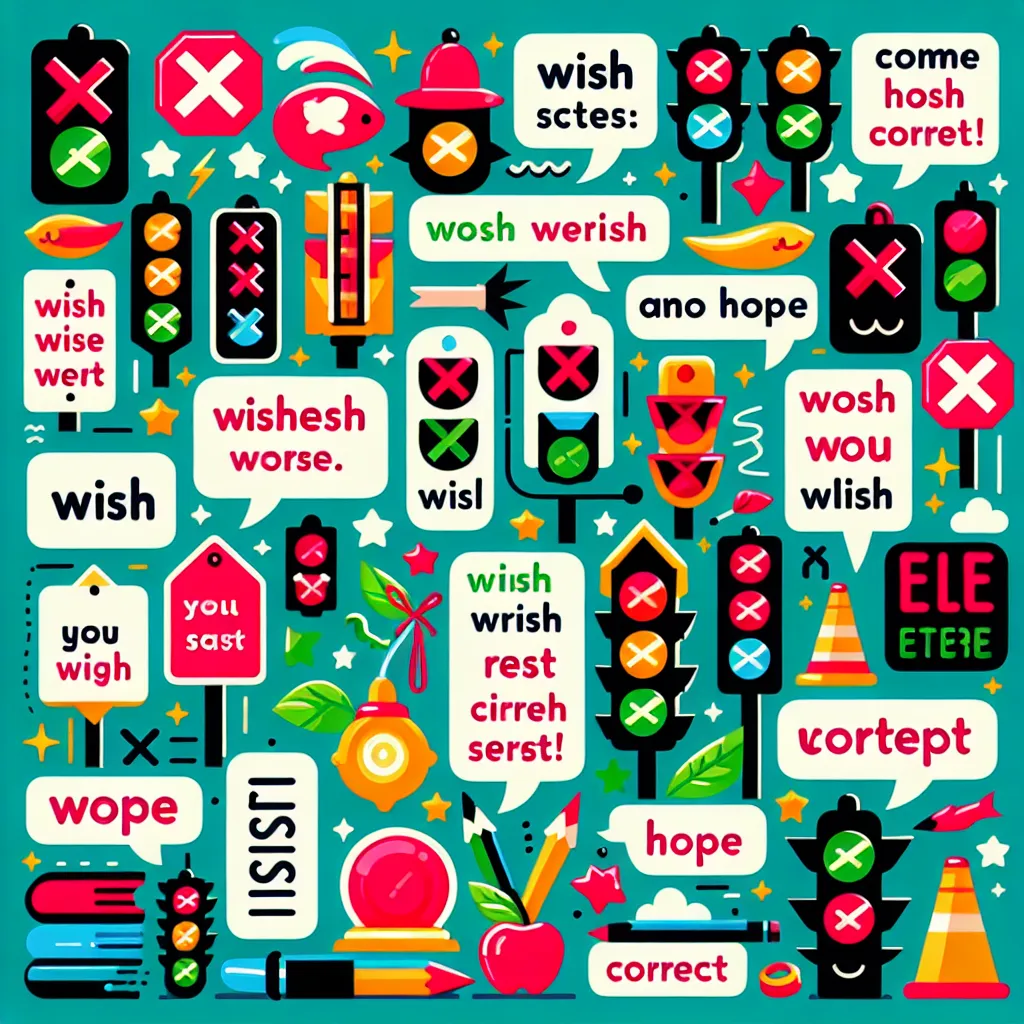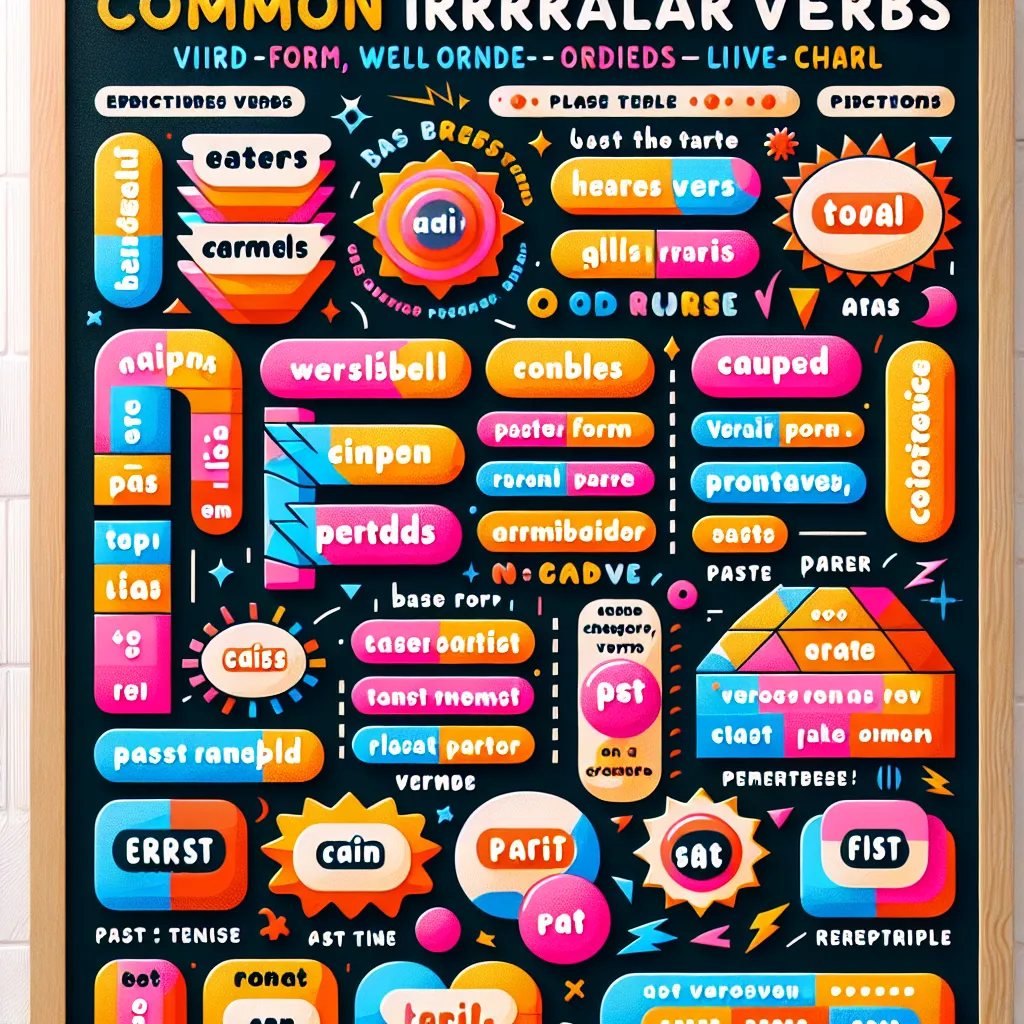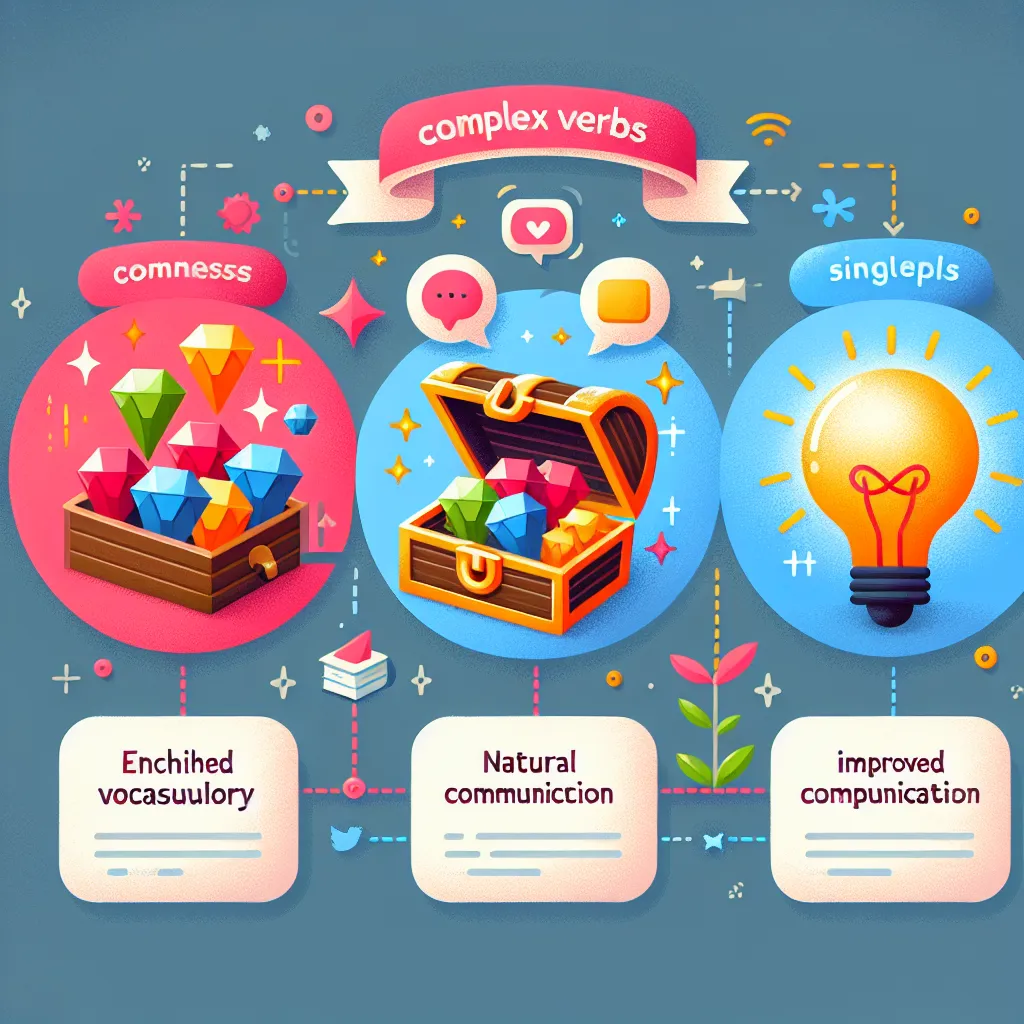Are you struggling to understand the subtle distinctions between “wish” and “hope” in English? You’re not alone. Many English learners find it challenging to use these words correctly in different contexts. This guide will help you master the difference between “wish” and “hope,” enabling you to express yourself more accurately and confidently in English.
Understanding the Basics: Wish vs. Hope
Before we dive into the details, let’s clarify the fundamental difference between “wish” and “hope.”
Wish: Expressing Desires and Regrets
“Wish” is typically used to express:
- Desires for impossible or unlikely situations
- Regrets about past events
- Complaints about present circumstances
Hope: Expressing Optimism and Possibility
“Hope,” on the other hand, is used to express:
- Positive expectations for the future
- Desires that are possible or likely to happen
- Optimism about current or upcoming situations
 Wish vs Hope Comparison
Wish vs Hope Comparison
Grammatical Structures: How to Use Wish and Hope
Understanding the grammatical structures associated with “wish” and “hope” is crucial for mastering their usage.
Wish + Past Simple: Present/Future Situations
Use this structure to express a desire for a present or future situation that is unlikely or impossible.
Example:
- “I wish I had more free time.” (But I don’t have much free time now)
- “She wishes she could speak French fluently.” (But she can’t speak French fluently)
Wish + Past Perfect: Past Regrets
Use this structure to express regret about past events or actions.
Example:
- “I wish I had studied harder for the exam.” (But I didn’t study hard enough)
- “He wishes he had taken the job offer last year.” (But he didn’t take the job offer)
Wish + Would: Complaints or Desires for Change
Use this structure to complain about a situation or express a desire for someone or something to change.
Example:
- “I wish it would stop raining.” (Complaining about the current weather)
- “She wishes her neighbor would be quieter.” (Desire for the neighbor to change behavior)
Hope + Present Simple/Continuous: Current Situations
Use this structure to express optimism about current situations.
Example:
- “I hope you’re enjoying your vacation.” (Optimism about a current situation)
- “We hope the project is progressing well.” (Positive expectation about an ongoing situation)
Hope + Will/Can: Future Possibilities
Use this structure to express positive expectations for future events.
Example:
- “I hope I will pass the exam.” (Positive expectation about a future event)
- “They hope they can attend the conference next month.” (Optimism about a future possibility)
Common Mistakes and How to Avoid Them
When learning to use “wish” and “hope” correctly, be aware of these common mistakes:
-
Using “wish” for likely future events:
Incorrect: “I wish I will get the job.”
Correct: “I hope I will get the job.” -
Using “hope” for impossible situations:
Incorrect: “I hope I could fly like a bird.”
Correct: “I wish I could fly like a bird.” -
Mixing tenses with “wish”:
Incorrect: “I wish I will be taller.”
Correct: “I wish I were taller.” -
Using “wish” without changing the tense:
Incorrect: “I wish I am rich.”
Correct: “I wish I were rich.”
 Common Mistakes with Wish and Hope
Common Mistakes with Wish and Hope
Practice Exercises to Reinforce Your Understanding
To help you master the difference between “wish” and “hope,” try these practice exercises:
-
Fill in the blanks with either “wish” or “hope”:
- I _____ it doesn’t rain tomorrow.
- She _____ she had studied medicine instead of law.
- We _____ to see you at the party next week.
-
Correct the following sentences:
- I wish I will win the lottery next week.
- He hopes he could speak Chinese fluently.
- They wish they are on a tropical beach right now.
-
Write three sentences using “wish” and three using “hope” about your own life or aspirations.
Real-Life Applications and Examples
Understanding the difference between “wish” and “hope” is crucial for effective communication in various real-life situations:
-
Job Interviews:
- “I hope to contribute significantly to your company’s growth.” (Expressing a positive expectation)
- “I wish I had more experience in this field, but I’m eager to learn.” (Expressing a regret or desire for an unlikely situation)
-
Social Interactions:
- “I hope we can meet up for coffee soon.” (Expressing a possible future event)
- “I wish we lived closer to each other.” (Expressing a desire for an unlikely situation)
-
Academic Settings:
- “I hope to complete my thesis by next semester.” (Expressing a realistic goal)
- “I wish I had chosen a different topic for my research.” (Expressing regret about a past decision)
Conclusion: Embracing the Nuances of Wish and Hope
Mastering the difference between “wish” and “hope” is a significant step towards advanced English proficiency. Remember, “wish” is typically used for unlikely or impossible situations and regrets, while “hope” expresses optimism and possibility. By practicing and applying these concepts in your daily communication, you’ll enhance your ability to express desires, regrets, and expectations accurately in English.
Keep practicing, and don’t hesitate to use these expressions in your conversations and writing. The more you use them, the more natural they’ll become. If you have any questions or want to share your own examples, feel free to leave a comment below. Good luck with your English learning journey!




